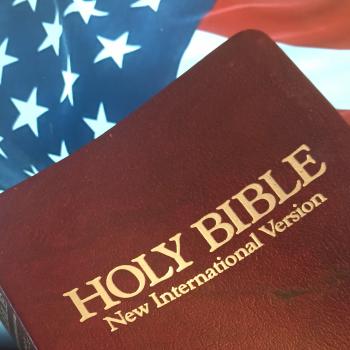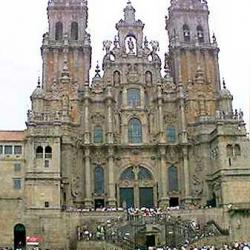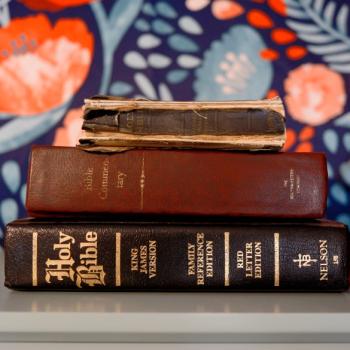The Midrash teaches us that Abraham was the biblical paradigm for this model of running from the security of one's tent to greet strangers and to teach and learn in the streets. We can follow in his ways of courageous discourse and social engagement.
Our theological calling to the public arena is not inherently a political summons. Rabbi Abraham Joshua Heschel argued in the first half of the 20th century: "We affirm the principle of separation of church and state. We reject the separation of religion and the human situation."
So too, for religion to matter, it must advance and be deeply responsive to the society in which we are embedded. Since FDR's New Deal, American Jews have entered all types of public leadership roles as economists, policy-makers, and political advisors. Now is the time to recommit as a people to civic engagement.
However, the charge to take Torah to the streets is to suggest that our responsibilities transcend our professions and that our full person belongs in the public arena. As Rabbi Dessler once argued, "The physical needs of another are my own spiritual needs." Spiritual life is rooted in the presence of the crude realities before our eyes and we must not neglect them.
There is an ethic to one who courageously jumps into the public discourse. Within the tirades of our critiques and visions, we must remember the dignity of all parties. We are responsible for the two billion who live on less than two dollars a day around the world. Additionally, we are responsible to those we argue with down the block.
When our societal critiques are not cast from a distance but from within the streets and the vicissitudes of daily life, we must ensure that our encounters be deferential to the other. To refresh our lives, we ought to begin not only to hear the stranger, but to become strangers ourselves. It is in the authentic and novel encounters of the economics, politics, and theologies of the complex globalized world that that our Jewish future begins.
The Jewish future is dependent on the health of the moral ecology of our culture. There is good reason to be hopeful about our Jewish future and to own that hope. With that ownership comes responsibility for our web of interdependencies.
Rabbi Shmuly Yanklowitz is the Founder and President of Uri L'Tzedek, the Senior Jewish Educator at UCLA and a fifth year Ph.D. candidate at Columbia University in Moral Psychology & Epistemology.




